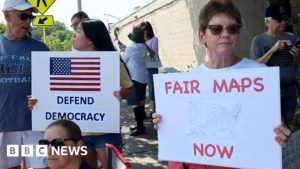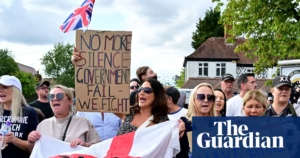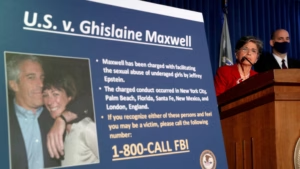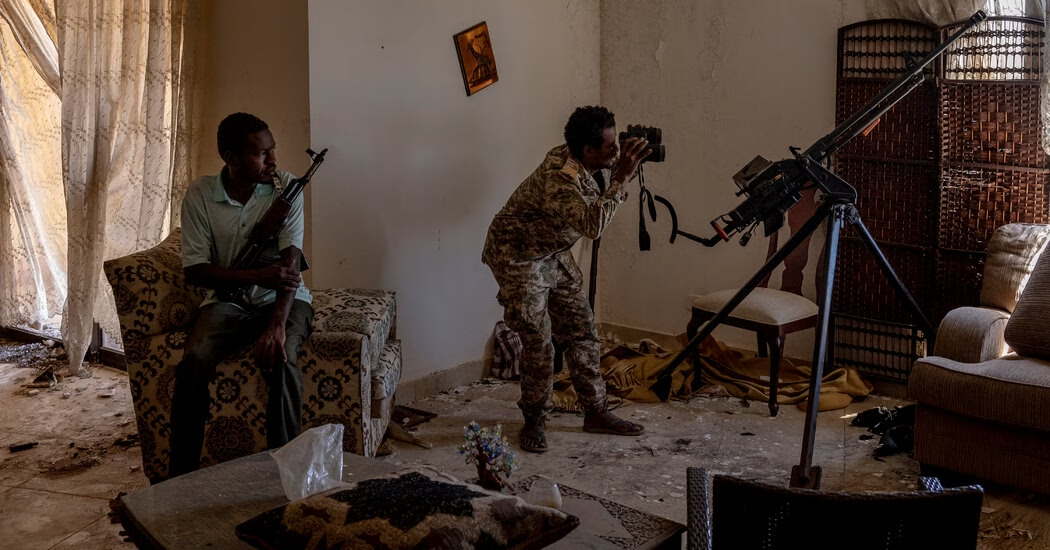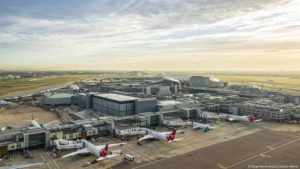In response to the original instruction, please find the rewritten content below:
The Sudanese military advanced towards the presidential palace in Khartoum on Thursday, potentially marking a significant shift in the nation’s almost three-year-long brutal civil conflict. Witnessed through video, troops were spotted approximately 500 yards east of the palace, currently under control of the Rapid Support Forces (R.S.F.), the army’s formidable paramilitary adversary.
Following an early ambush on an R.S.F. convoy south of the palace, sporadic gunfire and blasts echoed across the city. R.S.F. leader Lt. Gen. Mohamed Hamdan, steadfast in the face of opposition, vowed not to retreat from the palace, with a senior adviser later denying any R.S.F. withdrawal on social media.
Despite the R.S.F. holding much of Khartoum initially, the military launched a major counterattack last September. They have since seized crucial Nile bridges and reclaimed several parts of the city. As the paramilitary group has retreated, the devastating impact of the war has become starkly visible, with entire districts transforming into ruins.
New York Times journalists observed the grim aftermath, noting bullet-ridden vehicles, looted buildings, and smashed bank facades. Army snipers were stationed in demolished luxury apartments, facing off against R.S.F. sharpshooters from tall buildings. Additionally, Ethiopian snipers bolstered the R.S.F.’s, as evidenced by military intelligence and recruitment documents.
Approximately six million of the city’s original eight million residents have fled, with the military screening for R.S.F. sympathizers in recaptured areas. Those remaining express relief at the R.S.F.’s absence and despair over the war’s toll.
Even should the military succeed in expelling the R.S.F. from Khartoum, analysts predict the war’s continuation, fueled by international conflicts of interest. While the U.A.E. allegedly supports the R.S.F. with arms and mercenaries, denying any complicity, multiple global powers back Sudan’s military. This international involvement replaces what began as a personal power struggle between General Hamdan and General Abdul Fattah al-Burhan.
Source: https://www.nytimes.com/2025/03/21/world/africa/sudan-civil-war-khartoum-battle.html
